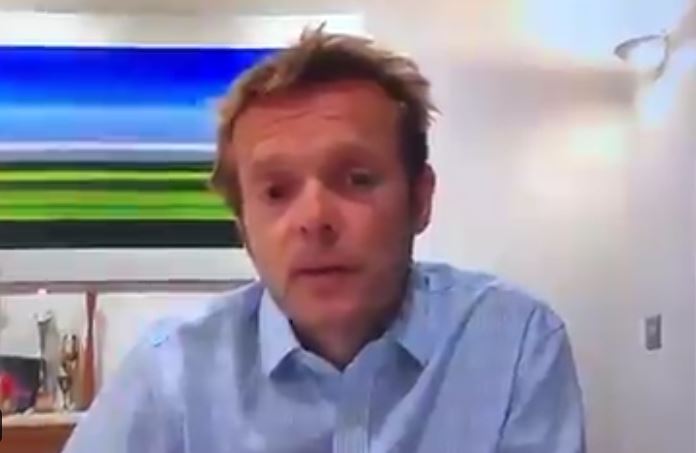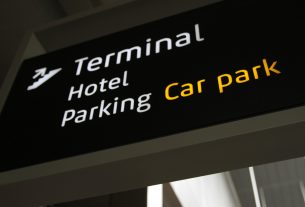The government has been warned by a member of its Sage panel of experts, that lifting lockdown next month would be a “disaster” that puts the “NHS under enormous pressure again.”
Prof John Edmunds also said that the highly infectious Covid variant detected in Manaus, Brazil is probably already in the UK, although no cases have yet been detected.
Prof Edmunds, a member of the government’s Scientific Advisory Group for Emergencies told BBC radio 4’s Today programme: “I think it would be a disaster if we removed restrictions in, say, the end of February when we have gone through this first wave of the vaccination.
“First of all vaccines aren’t ever 100% protective, and so even those that have been vaccinated would be still at some risk. If we relaxed our restrictions we would immediately put the NHS under enormous pressure again.”
New variants is something ‘we’re going to have to get used to’, says professor
The comments come following the ban on flights to the UK from South America, Portugal and Cape Verde – introduced in response to the highly infectious variant of coronavirus detected in Manaus.
The variant has all been detected on travellers from Japan and the UK has announced that from Monday, all international arrivals to the UK will have to provide proof of a negative test and then enter quarantine for ten days.
Prof Edmunds said that no cases of the Manaus strain have been discovered in the UK so far, but added: “[i]t is likely that we probably have quite honestly. We are one of the most connected countries in the world so I would find it unusual if we hadn’t imported some cases into the UK.”
More strains of the coronavirus are expected to emerge and another strain detected in Brazil has been found in the UK, with eight positive cases detected.
New variants of Covid-19 is something “we’re going to have to get used to”, said Prof Andrew Pollard, the director of the Oxford Vaccine Group – founded in 1994 to study new and improved vaccines.
Prof Pollard is confident scientists will respond to the new strains, telling radio 4’s Today; “If indeed we do need to make new vaccines we will be able to stand those up really quickly.”
Airline sector needs urgent government help
While accepting the need for restrictions in the middle of a pandemic, airline operators have described the new measures for all international arrival (in force from Monday) as “yet another huge blow” for their hard-hit sector.
“Airports are currently keeping their infrastructure open to support vital and critical services, such as post, freight, emergency services, military and coastguard flights, as well as to help keep the lights in the UK on through supporting flights to offshore oil, gas and wind operations,” said Karen Dee, the chief executive of the Airport Operators Association.
“Airports are doing so while running on empty – there is only so long they can run on fumes before having to close temporarily to preserve their business for the future.
“Government needs to help cover airports’ operational costs by, for example, urgently providing relief from regulatory, policing, air traffic and business rates costs in the current and the coming tax year.”
1,295 more deaths takes toll to 88, 590.
The latest figures released today show a further 4,532 patients admitted to hospitals with coronavirus on January 12 (the most recent data available) with 29,412 patients admitted in the week to that date. This represents a 20% increase in patient admissions from the previous seven days (Dec 30 – Jan 5).
The UK reported its third highest daily death toll since the start of the pandemic with 1,295 deaths bringing the UK total of deaths (within 28 days of a positive test) to 88,590. The total number with Covid-19 on the death certificate is 89,243.




